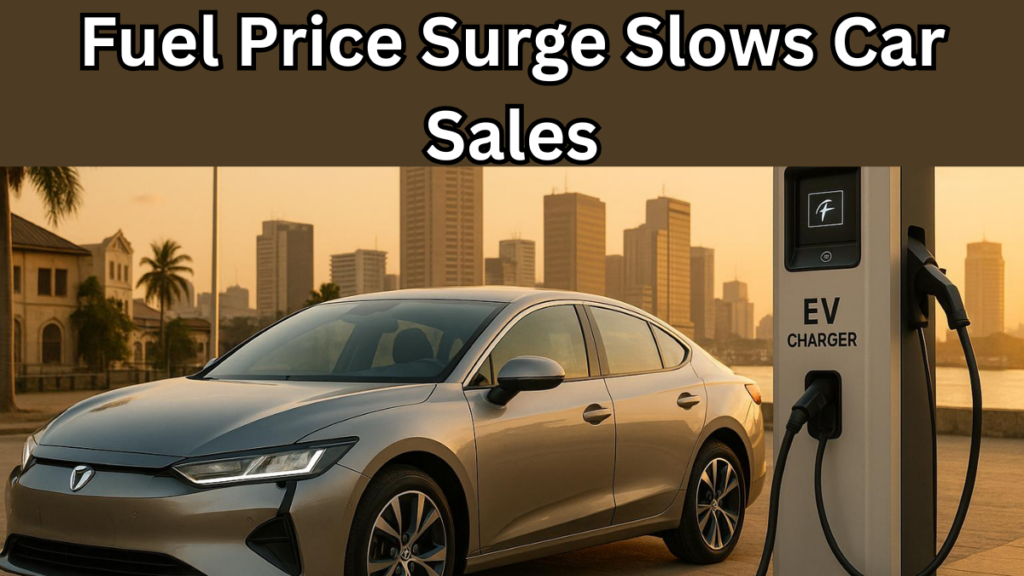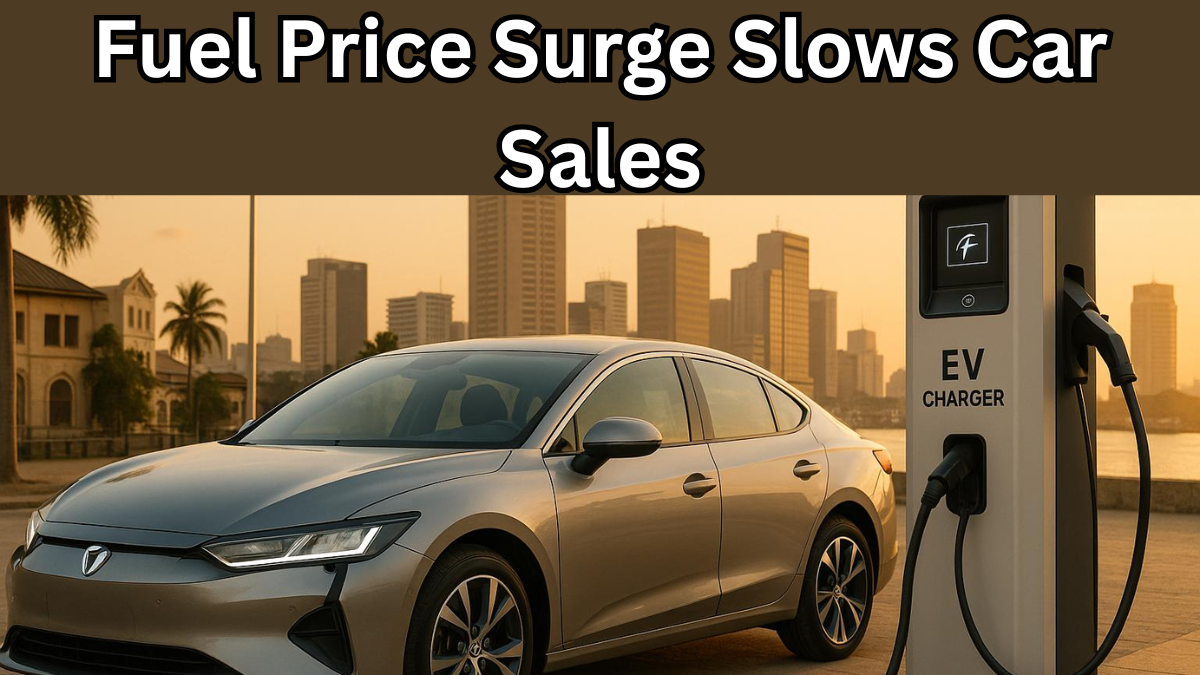With fuel prices steadily climbing across Africa, many consumers are rethinking their car purchases. The surge in petrol and diesel rates is not just hurting pockets—it’s also reshaping buyer behaviour across the continent. As we move through 2025, the fuel prices impact car sales in Africa more significantly than ever before, driving an unexpected but welcome shift: the rise of electric vehicles (EVs).

Rising Fuel Prices: A Wake-Up Call for Car Buyers
Consumers across Africa are feeling the burn every time they fuel up. Here’s why:
-
Fuel costs in some countries have doubled in just two years.
-
Import dependency on petrol and diesel has made African nations vulnerable to global oil price swings.
-
Urban drivers are spending up to 40% more on monthly fuel costs compared to 2023.
This fuel burden is pushing potential car buyers to explore cost-effective and sustainable alternatives—and EVs are leading the race.
Petrol vs EV Trend in Africa: What’s Changing in 2025?
The petrol vs EV trend is rapidly tilting in favour of electric vehicles. Let’s break it down:
| Category | Petrol/Diesel Cars | Electric Vehicles (EVs) |
|---|---|---|
| Fuel/Energy Cost | High and unpredictable | Low and stable |
| Maintenance | Frequent oil/filter changes | Lower maintenance needs |
| Government Support | Limited in most regions | Increasing tax breaks, incentives |
| Availability | Readily available | Growing but limited to cities |
| Long-term Cost | Expensive over time | Cheaper in the long run |
This table clearly shows why more African consumers are shifting gears—fuel prices impact car sales in Africa by making EVs the more attractive long-term investment.
Countries Leading the EV Push
South Africa
-
Offers tax reductions for EV imports
-
Launching more charging stations in Johannesburg and Cape Town
Kenya
-
Introducing low-interest EV loans for individuals and taxi operators
-
Nairobi to host Africa’s first dedicated EV expo
Nigeria
-
EVs now part of the national energy transition plan
-
Companies like Jet Motors and Stallion Group are launching locally manufactured EVs
Car Dealerships Feel the Heat
Traditional car dealerships are witnessing a decline in petrol vehicle sales, with some reporting a 15–20% drop in Q1 2025. The demand for fuel-powered sedans and SUVs is drying up, especially among:
-
Urban middle-class buyers
-
Rideshare and fleet companies
-
Environmentally conscious youth
Dealers are now stocking more hybrid and EV models, trying to catch up with the petrol vs EV trend that’s changing Africa’s auto market landscape.
Consumer Sentiments: The Shift in Mindset
Here’s what many car buyers are saying:
“Why would I spend more on fuel every month when I can charge an EV at home for half the cost?”
“Maintenance is a headache with petrol cars. I’ve had to visit the mechanic three times in the last six months.”
These real stories highlight how the fuel prices impact car sales in Africa, nudging people toward smarter, cleaner alternatives.
Future Outlook: Will EVs Dominate Africa’s Roads?
It won’t happen overnight, but 2025 is clearly a turning point. With rising fuel prices, better infrastructure, and growing awareness, EVs are becoming less of a luxury and more of a necessity.
Industry analysts predict:
-
EV sales could increase by 60% in Africa by end of 2025.
-
More urban EV charging hubs will be operational in at least 15 major cities.
-
Used EV imports from Europe and China will make electric cars affordable for middle-income buyers.
FAQs
Q1. Why are fuel prices impacting car sales in Africa?
Rising fuel prices are increasing the total cost of owning a petrol or diesel vehicle, causing many buyers to delay purchases or shift toward EVs.
Q2. Are EVs affordable in Africa right now?
While EVs are still more expensive upfront, lower running and maintenance costs make them a financially smarter choice over time.
Q3. How is the petrol vs EV trend shaping up in 2025?
The trend is clearly shifting in favor of EVs, especially in urban areas where charging infrastructure and government incentives are more accessible.
Q4. Will petrol cars become obsolete soon?
Not immediately, but if fuel prices continue to rise, petrol car sales may continue to decline, making EVs the dominant mode of transport in the next decade.
Click here to learn more
Sachin is a dedicated writer specializing in education, career, and recruitment topics, delivering clear and actionable insights to empower readers.
